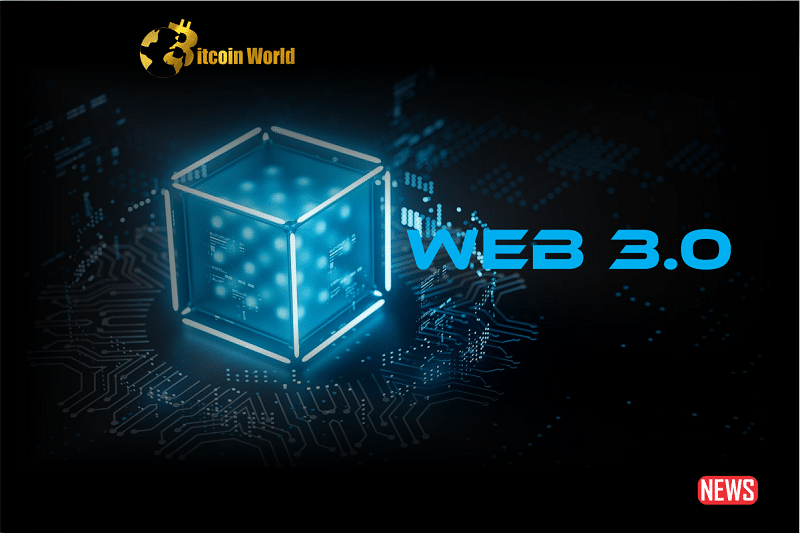Web 3.0 drives a paradigm shift towards decentralized and resilient governance, challenging traditional top-down structures. However, token-based governance models often fail to align with the foundational principles of Web 3.0. This article explores the drawbacks of token-based governance and presents reputation-based governance as a promising alternative.
Token-Based Governance Challenges :
Token-based governance, prevalent in Web 3.0 networks, grants voting rights based on token ownership. Yet, this approach can lead to wealth translating into power and control, contradicting the ideals of Web 3.0. Open secondary markets enable participation by random individuals without considering their contributions or reputation. Consequently, governance tokens can fall into the hands of whales, compromising decision-making and introducing centralization risks.
The Limitations of DAOs :
Decentralized Autonomous Organizations (DAOs) offer community-driven decision-making, replacing centralized control. However, relying solely on token ownership for voting rights reintroduces centralization vulnerabilities. Whales and malicious actors can manipulate decisions, while inexperienced members can lower decision quality. Moreover, early adopters and team members often hold significant governance token allocations, undermining decentralization. Token vesting can inflate project valuations and concentrate ownership, exacerbating risks.
Reputation-Based Governance with DACs :
Decentralized Autonomous Companies (DACs) provide a novel solution by prioritizing reputation and contributions over wealth. Voting rights are earned through verifiable positive contributions to the network, fostering cooperation and healthy competition. DACs derive value from member contributions rather than token market capitalization. Governance tokens are non-tradeable and tied to non-fungible tokens (NFTs) representing reputation. This approach minimizes market dynamics and incentivizes fair and meritocratic governance, empowering individuals in Web 3.0.
Meritocracy and Fairness in Web 3.0 :
Reputation-based governance in DACs promotes meritocracy and recognition of active contributions. By minimizing risks like token dilution and insider trading, it enhances fairness and decentralization. These qualities are essential for the long-term adoption and relevance of Web 3.0. Reputation-based governance ensures autonomous participation on individual terms, reducing collaboration among users with vested interests. It upholds the progressive principles that define the vision of Web 3.0.
Token-based governance models in Web 3.0 often undermine the principles of decentralization and fairness. Reputation-based governance, exemplified by DACs, offers a compelling alternative. By valuing contributions and fostering meritocracy, reputation-based governance promotes a decentralized and manipulation-resistant ecosystem. This approach ensures Web 3.0’s long-term adoption and relevance, empowering individuals and driving the vision of a fair and autonomous digital world.














